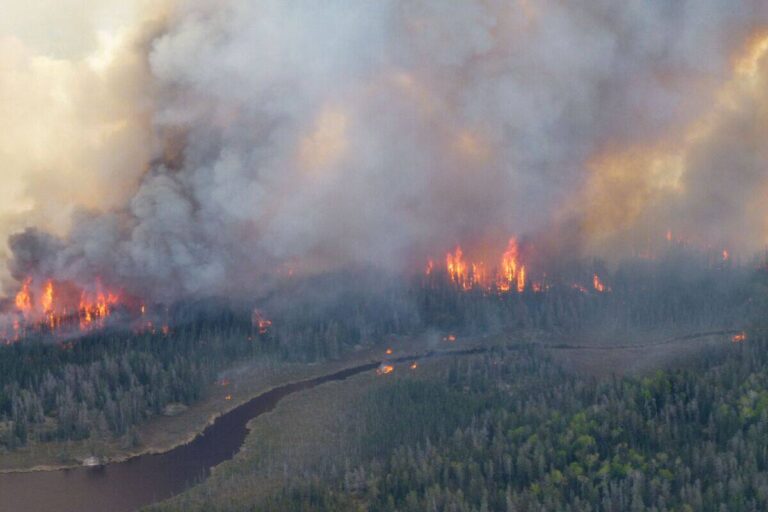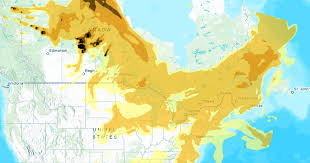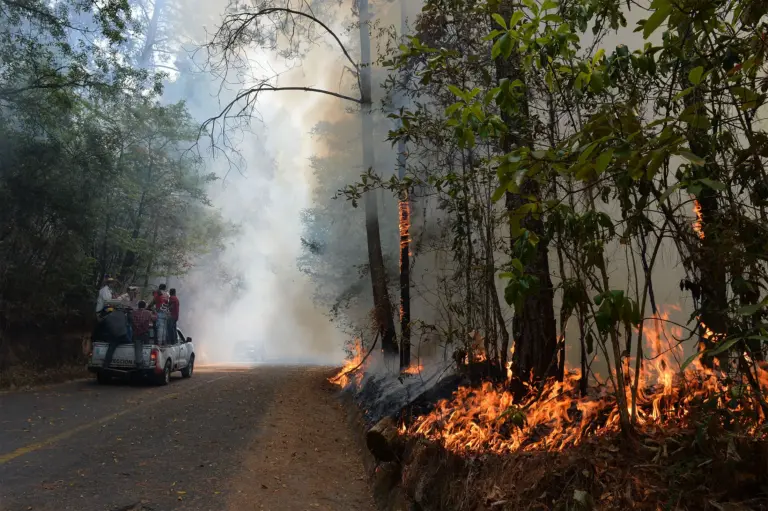
Introduction
Greenland, the world’s largest island, plays a crucial role in our understanding of climate change due to its vast ice sheet, which is rapidly melting. The melting of Greenland’s ice is significant not only for the island’s ecosystem but also for global sea levels. As emissions continue to rise, the urgent need to comprehend the implications of this melting ice has reached a critical point, garnering international attention and concern.
Current Events and Observations
Recent studies have shown that Greenland’s ice sheet is melting at an alarming rate, with a report from the University of Leeds indicating that the island lost approximately 3.8 trillion tons of ice between 1992 and 2018. This contributes significantly to rising sea levels, which are projected to increase by over 24 inches by the year 2100 if current trends continue. Melting ice not only adds water to the oceans but also disrupts ocean currents, further impacting global weather patterns.
In August 2023, satellite images revealed large-scale ice loss, prompting researchers to raise concerns about the long-term climatic impacts. The former head of the National Snow and Ice Data Center in the United States, Dr. Mark Serreze, emphasized, “The ice sheet has passed a tipping point and will likely continue to diminish for centuries, irrespective of immediate climate action.” This statement underscores the gravity of the situation and the implications for future generations.
Broader Implications
The effects of Greenland’s melting ice sheet extend beyond rising sea levels. Indigenous communities living on the island face changing landscapes and uncertain futures as traditional hunting grounds may become uninhabitable. Furthermore, as the permafrost thaws, there are concerns about the release of methane, a potent greenhouse gas that may further exacerbate global warming.
Conclusion
In conclusion, the situation in Greenland serves as a stark reminder of the consequences of climate change and the urgent need for global action. As scientists continue to monitor the situation, it is imperative for policymakers worldwide to engage with solutions that address both mitigation and adaptation strategies. Ultimately, the state of Greenland is a critical barometer for the health of our planet, making it indispensable for individuals everywhere to understand and respond to these ongoing changes.






